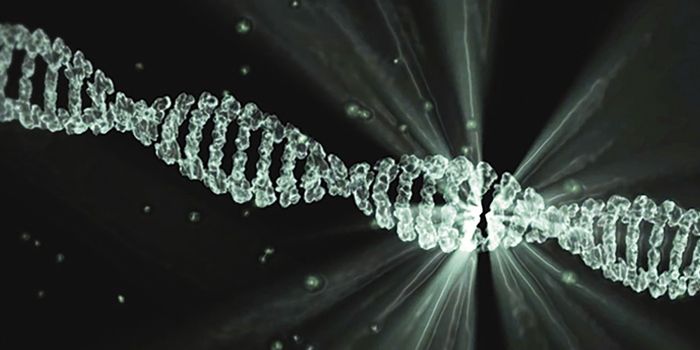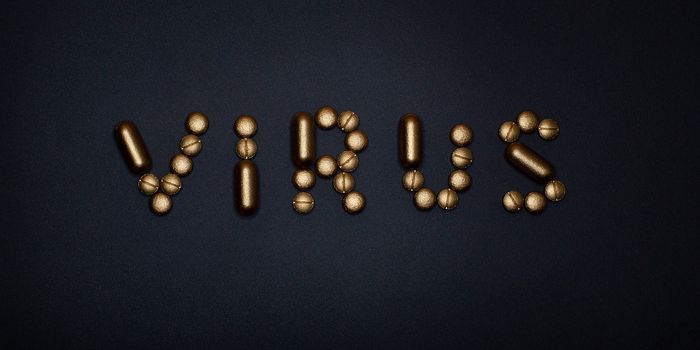Insight Into how Cancer Cells Overcome Abnormalities & Grow
In the following video from the Francis Crick Institute, you can get a look at why cancer cells are able to proliferate rapidly despite chromosomal abnormalities. It is based on two new papers, one published in Cancer Cell and one in Cancer Discovery.
Normally, healthy cells will self-destruct if it has genetic damage that can’t be fixed, and that damages DNA won’t be passed on. In cancer cells, however, where there is myriad genetic disorder, they are still able to replicate and spread. During their growth they are also able to evade treatment strategies.
One of the studies, in Cancer Discovery, showed that cancerous cells have to avoid accumulating too much damage, as there seems to be a limit to what is tolerable. In that work, researchers reported that cancer cells are able to get by while carrying myriad chromosomal abnormalities because of a slowdown in cellular machinery called APC/C. The cancerous cells can thus get away without making too many mistakes with their daughter cells, increasing genetic diversity in a tumor.
"The development and progression of cancer is fuelled by an unstable genome. It can cause a high degree of diversity between cells, influencing how well treatments work and drug resistance. If a cancer cell can cope with large scale changes to its DNA then it might gain an advantage that helps it to grow, spread and survive treatment. Until now, we knew very little about how these cancer cells kept growing and evolving,” said Professor Charles Swanton, who led the research team at the Francis Crick Institute in London.
"We hope that understanding these mechanisms will allow us to limit drug resistance and improve the efficacy of cancer therapies," he continued.
The other work, in Cancer Cell, showed an increase in mutations in a specific gene in cancerous bowel cells. In normal cells, that gene, BCL9L, helps activate a protein involved in the cell’s self-destruct mechanism. When BCL9L was inactivated, cells with an uneven number of chromosomes were able to continue otherwise normal growth.
In patients that carry tumor cells with an incorrect number of chromosomes, there can be worse outcomes because of cancer evolution and resistance to drug therapies.
"These two studies reveal more about how cancer cells are able to survive with a genetic makeup that would lead to the death of normal cells. This opens the door to potentially exciting new ways to target cancer cells - by exploiting the genetic chaos that lies at the heart of some cancers,” commented Professor Karen Vousden, Chief Scientist at Cancer Research UK.
Sources: Francis Crick Institute, Cancer Cell, Cancer Discovery








